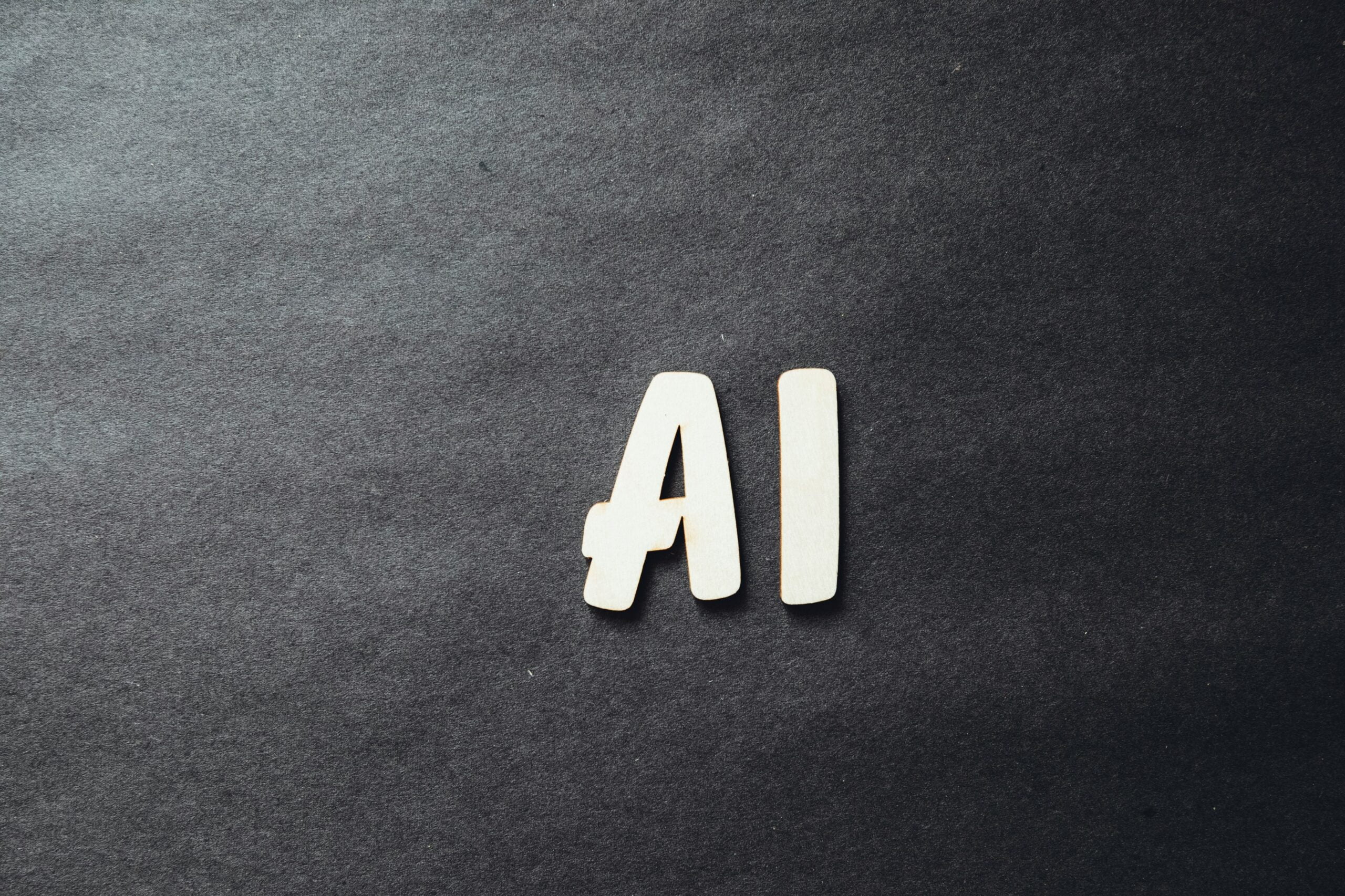Artificial Intelligence (AI) software has rapidly transformed from a niche academic field to a cornerstone of modern technology. As AI continues to advance, it is increasingly embedded in various aspects of our daily lives, industries, and future possibilities. This article explores the evolution, applications, and impact of AI software.
A Brief History of AI Software

The origins of AI can be traced back to the mid-20th century when pioneering scientists like Alan Turing and John McCarthy began to explore the concept of machines that could mimic human intelligence. Early AI software focused on problem-solving and symbolic reasoning, leading to the development of the first AI programs, such as the Logic Theorist and the General Problem Solver.
The journey of AI has seen several phases:
- The Birth of AI (1950s-1970s): During this period, AI research was primarily theoretical, with a focus on creating algorithms that could perform logical reasoning.
- The AI Winter (1980s): A period of reduced funding and interest due to unmet expectations.
- The Renaissance (1990s-2000s): AI experienced a resurgence with advances in machine learning and the availability of more computational power.
- The Modern Era (2010s-Present): The explosion of data and improvements in computational power have propelled AI into new realms, with deep learning and neural networks leading to significant breakthroughs.
Key Technologies in AI Software
AI software encompasses various technologies, each contributing to its overall capabilities:
- Machine Learning (ML): Algorithms that enable systems to learn and improve from experience without being explicitly programmed.
- Deep Learning: A subset of ML involving neural networks with many layers, capable of modeling complex patterns in large datasets.
- Natural Language Processing (NLP): Techniques for understanding and generating human language, powering applications like chatbots and language translation.
- Computer Vision: Enabling machines to interpret and make decisions based on visual data, is crucial for applications like autonomous vehicles and facial recognition.
- Robotics: Integrating AI with physical machines, allowing for automation in manufacturing, healthcare, and more.
Applications of AI Software
AI software is revolutionizing numerous sectors:
- Healthcare: AI algorithms assist in diagnosing diseases, personalizing treatment plans, and managing patient care.
- Finance: AI is used for fraud detection, algorithmic trading, and personalized banking services.
- Retail: Personalized recommendations, inventory management, and customer service chatbots are just a few examples of AI in retail.
- Transportation: Autonomous vehicles and traffic management systems rely heavily on AI for efficiency and safety.
- Entertainment: AI generates recommendations on streaming platforms, creates content, and even composes music.
The Impact of AI Software
The widespread adoption of AI software has profound implications:
- Economic: AI is driving significant economic growth, creating new job opportunities while also displacing certain roles through automation.
- Social: AI influences daily life, from personalized services to smart home devices, raising questions about privacy and ethics.
- Ethical: The rise of AI brings ethical considerations, including bias in algorithms, data privacy, and the need for transparent AI systems.
- Future Prospects: The future of AI holds promises of even greater advancements, such as general AI, which could perform any intellectual task a human can do.
Conclusion
AI software development services have come a long way from its early days and continue to evolve at a rapid pace. Its integration into various industries and aspects of daily life signifies a major shift in how technology interacts with the world. As AI software continues to develop, it promises to bring both remarkable opportunities and significant challenges, shaping the future of humanity in ways we are only beginning to understand.







